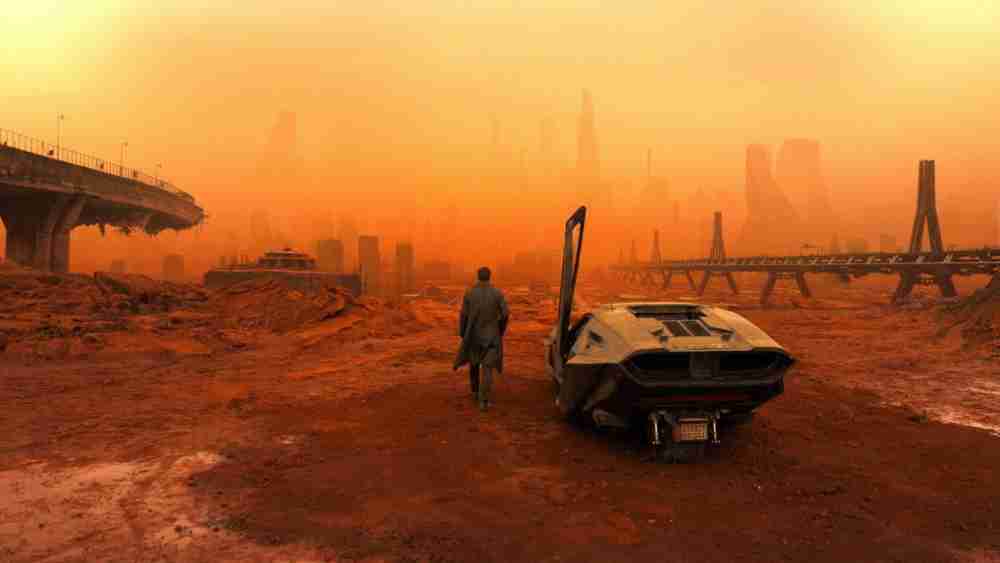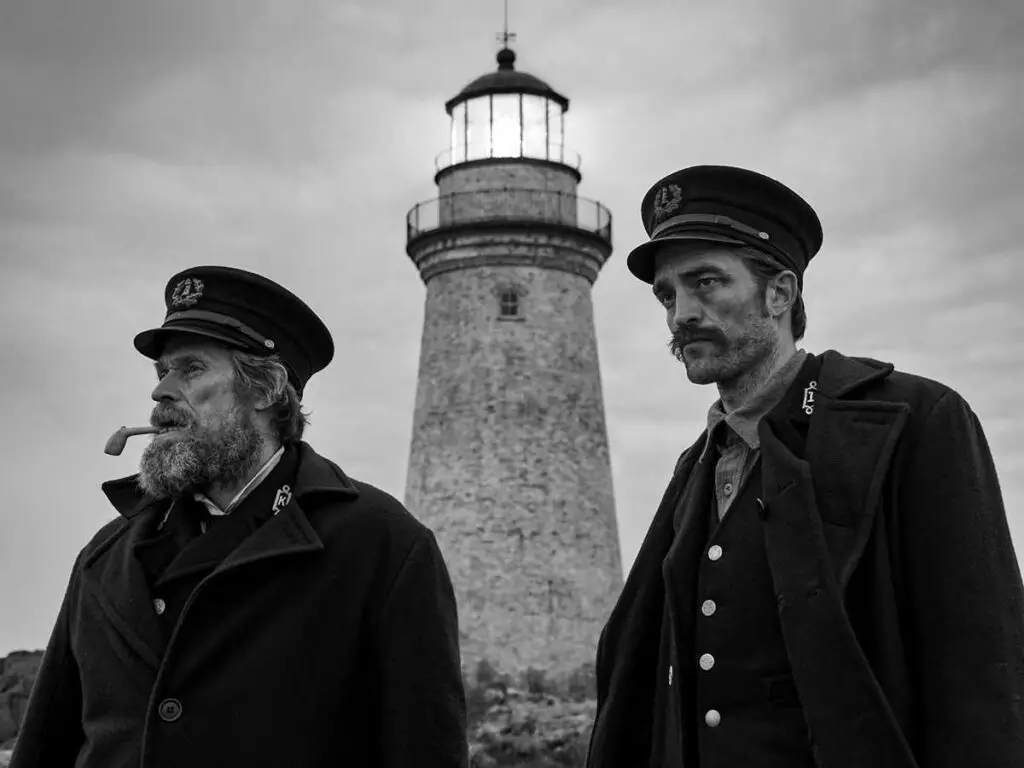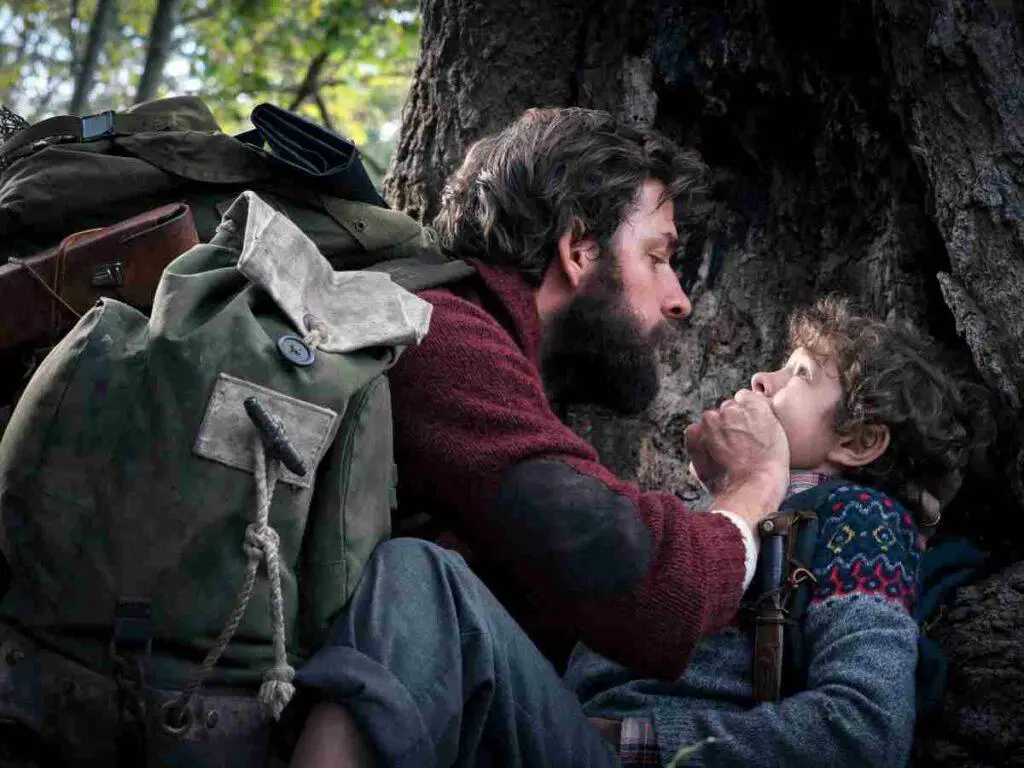From Blade Runner 2049 to Dune, here are all Denis Villeneuve films, ranked.
French-Canadian director Denis Villeneuve debuted as a filmmaker in 1998. His early feature films were made in French for Canadian production studios. Although his first two Canadian features didn’t garner much acclaim, Villeneuve’s breakthrough came with the black-and-white drama Polytechnique (2009). The next year, he made the widely acclaimed Incendies, which paved his way to Hollywood. He followed it up with consistently brilliant Hollywood films like Prisoners (2013), Sicario (2015), and Arrival (2016). Over time, his films not only proved to be huge box-office successes but were also critically lauded.
Villeneuve proved his ability to helm ambitious projects with Blade Runner 2049 (2017). Though the complex sci-fi film failed commercially, his rich imagination of a dystopian world felt eerily prophetic. With his adaptation of the unfilmable Dune, Denis Villeneuve’s fame only grew. After Christopher Nolan, he has now emerged as one of the most recognized directors worldwide.
Villeneuve’s films have been felicitated at some of the major film festivals around the world, from Venice and Berlin to Toronto. In an interview with the Toronto Film Critics Association, Villeneuve explains his philosophy of filmmaking:
“In order to tell a story, I need to have a deep connection with it from a very intimate point of view. It’s always the goal of a filmmaker to try and create an artistic object that will be singular, that will have some freshness. We don’t necessarily need new movies, but we need connection.”
Quickly then, here is every Denis Villeneuve movie ranked:
Denis Villeneuve Movies Ranked
11. August 32nd on Earth (1998)

Villeneuve’s debut feature narrates the tale of a photo model Simone Prévost (Pascale Bussières) who survives a highway car accident and later decides to have a child with her best friend Philippe (Alexis Martin). Philippe finds the idea strange but agrees on one condition: their intimacy must happen in a remote desert. So, they set off from Montréal for a 24-hour round trip to Salt Lake City in search of the perfect location.
Villeneuve builds up the drama by creating a stark contrast between Simone and Philippe’s personalities. He cleverly infuses humor and comic elements into the scenes to bring a kind of romantic realism to the narrative. The casting also plays a major role in engaging us with this essentially two-person narrative. Alexis Martin, portraying Philippe, brings a delightful eccentricity to the plot with his sparkling and puzzling persona. In contrast, Bussières, portraying a resilient woman coping with trauma, delivers a deeply captivating performance.
August 32nd on Earth was screened in Un Certain Regard at the Cannes. It was also selected as the Canadian Entry for Best Foreign Language Film at the Academy Awards.
10. Maelstrom (2000)

Denis Villeneuve’s psychological drama Maelstrom revolves around Bibiane (Marie-Josee Croze), a wealthy part-time model. The plot thickens following her traumatic abortion, which leads her to question the perceived perfection of her life. Seeking solace, she turns to drugs, and one night, under the influence, gets involved in a hit-and-run accident. The next day, she discovers that the man has died from the accident. Wracked with guilt, she bravely attends his funeral, where she coincidentally meets the deceased’s son, Evian (Jean-Nicolas Verreault). Their relationship blossoms into romance, but the lingering question remains: will Bibiane ever confess her crime to Evian?
Maelstrom is a dark comedy narrated from the perspective of a decapitated fish, exploring the whims of fate and the meaninglessness of life. Throughout the film, Denis Villeneuve refrains from judging Bibiane‘s lack of morality. Instead, he examines the interplay between birth and death and the repercussions of not owning up to one’s actions.
Where to watch: Apple TV
9. Polytechnique (2009)
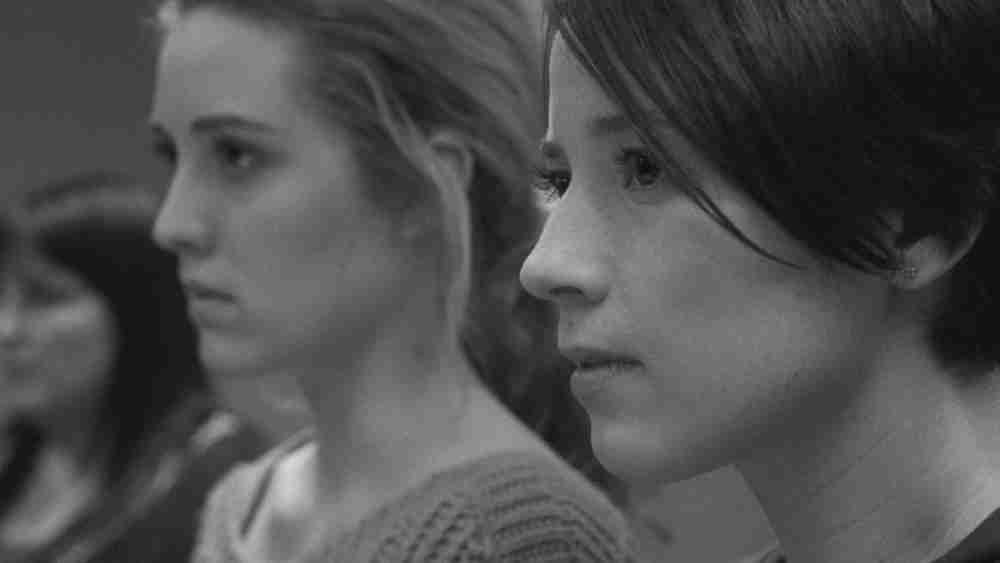
Polytechnique is inspired by a true incident that occurred on December 6, 1989 in Montreal. A young man walks into Montreal’s École Polytechnique and shoots twenty-eight people, killing fourteen, before turning his gun on himself. Villeneuve fictionalized the incident and came up with his own screenplay on the incident to explore varied perspectives on gender, society, and violence.
Shot in black-and-white, the film is narrated from the point of view of three individuals — the shooter (Maxim Gaudette), Val (Karine Vanasse), and Jean-François (Sébastien Huberdeau). Villeneuve and his cinematographer Pierre Gill use wide shots to create an immersive experience for the viewer observing the mayhem. The characters in the film are reserved, inarticulate, and mired in their own ordinariness. However, Villeneuve refrains from examining the subject of the film from a broader socio-political context, concentrating only on the inexplicable violent event and its consequences.
With his third outing, Villeneuve developed a unique aesthetic style that resoundingly speaks through visuals more than dialogues. It was screened at the Directors’ Fortnight at the Cannes Film Festival.
Where to watch: MUBI, Apple TV
8. Sicario (2015)

In Sicario, Emily Blunt portrays FBI agent Kate Macer, who joins a government task force alongside CIA officers Matt Graver (Josh Brolin) and former lawyer-turned-assassin Alejandro Gillick (Benicio del Toro) in a battle against a Mexican drug cartel along the U.S.-Mexico border. The dangerous mission challenges their morals as they navigate the murky waters of justice and revenge.
Director Denis Villeneuve delves into the themes of lost humanity in a society plagued by fear and hatred. In an attempt to navigate the fine line between justice and revenge, characters like Alejandro stray from their inherent morality. Roger Deakins’ cinematography gives the film a brilliant texture and a perfect rhythm to mount Villeneuve’s tense visuals. The entire ‘border ambush scene’ is a masterclass in building up tension.
Where to watch: Prime Video, Apple TV
7. Enemy (2013)
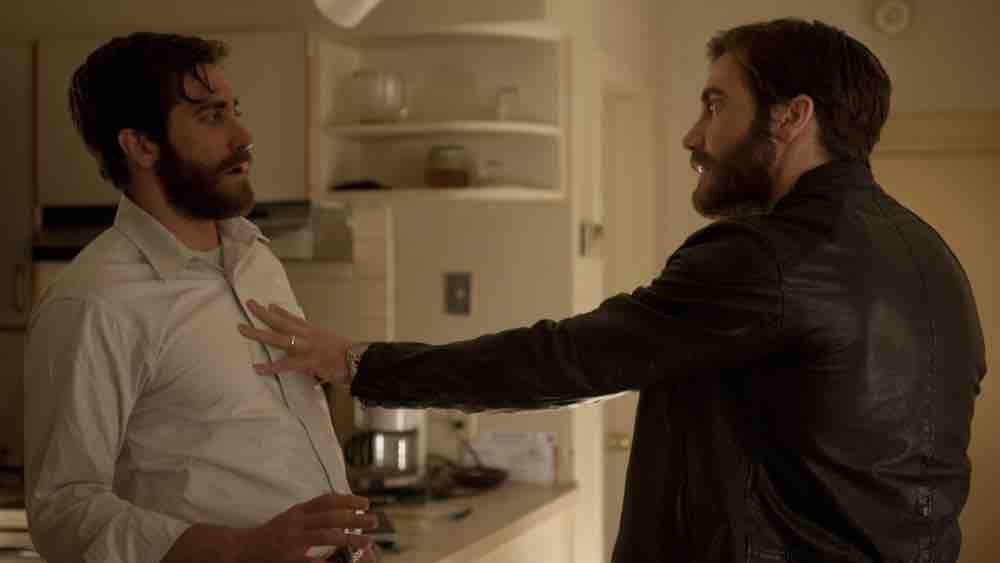
Denis Villeneuve wrote the screenplay of Enemy along with Javier Gullon, drawing inspiration from José Saramago’s novel The Double. The story follows Adam Bell (Jake Gyllenhaal), a History professor in Toronto, who leads a mundane existence and finds little comfort in his relationship with his beautiful girlfriend, Melanie. The plot takes a dramatic turn when he stumbles upon a look-alike named Anthony Claire, who makes a living playing bit roles in films. As Adam becomes increasingly entangled with Anthony, his previously stable life begins to unravel, leading to psychologically disturbing consequences.
Enemy is a trademark Denis Villeneuve film characterized by its intricate visual design and puzzling sequence of events. The movie masterfully builds suspense with its twists and turns, while also serving as a profound exploration of human nature and the dark impulses that drive us to destructive actions. The film’s climax is particularly mind-boggling, defying viewers’ expectations. Jake Gyllenhaal delivers a stellar performance in the dual role, bringing subtle distinctions to his portrayal of Adam and Anthony. The film’s sound design further elevates the eerie, suspenseful atmosphere.
6. Dune: Part Two (2024)

Denis Villeneuve continues to exhibit his grandiose filmmaking skills in the continuation of Paul Atreides’ epic saga in Dune: Part Two, following the 2021 Dune. The sequel explores Paul’s rise among the native Fremen, acquiring additional names such as Muad-dib and Usul, ultimately realizing his destiny. His pregnant mother Lady Jessica (Rebecca Ferguson) also embraces the desert’s mystical powers, transforming into a formidable force on Arrakis. As Paul prepares for a battle against the rivals Harkonenns, other powerful cosmic entities operate clandestinely.
Denis Villeneuve, like in the prior film, creates astounding moments of visual poetry. Timothee Chalamet and Zendaya excel in their performances, particularly in the latter half, as they navigate conflicts that ultimately pit them against each other. However, the brilliant rhythm with which Villeneuve immersed us in the first part is missing in the sequel. Certain abrupt narrative shifts notably diminish the menacing presence of antagonists like Rabban and Baron Harkonnen, rendering them less impactful.
Nevertheless, given the intricate storyline, stellar performances, and remarkable filmmaking, the Dune series will undoubtedly remain a gold standard in the realm of sci-fi cinema. Fans of the genre are now eagerly anticipating the third Dune film.
Where to watch: Theatres
5. Dune Part One (2021)

Set in the distant future and based on Frank Herbert’s acclaimed sci-fi novel, Dune Part One unfolds in a universe where humanity continues to be plagued by conflict. Herbert’s vision presents a cosmos dominated by various formidable entities, including The Great Houses, The Emperor, The Bene Gesserit, and The Spacing Guild, all vying for control over a precious resource known as Spice. This rare substance, found solely on the desert world of Arrakis, is central to their power. Caught in this power struggle is the noble Atreides Family, with their heir, Paul Atreides, poised to play a pivotal role in the fate of the universe.
Produced by Warner Bros., Dune Part One was the 10th highest-grossing film of 2021, showcasing the technical prowess of French Canadian film director Denis Villeneuve. Besides its gorgeous visuals, the film was lauded for the clarity and grandeur Villeneuve brings to this adaptation. In collaboration with Australian cinematographer Grieg Fraser, he crafts breathtaking imagery, from the vast sandscapes of Arrakis to colossal spaceship explosions and epic battle scenes.
Complementing the visual spectacle, Hans Zimmer’s futuristic score further elevates the film. (As part of the creative process, Zimmer spent a week in the Utah tuning in to the sound of the desert). Dune scooped up a whopping 6 Academy Awards out of 10 nominations!
Where to watch: Netflix, Max
4. Incendies (2010)

The play Incendies, penned by Lebanese-Canadian playwright Wajdi Mouawad, reaches a pinnacle of artistic excellence under the direction of Denis Villeneuve and his co-writer Valérie Beaugrand-Champagne. Following the passing of their mother, Nawal Marwan (Lubna Azabal), siblings Jeanne Marwan (Mélissa Désormeaux-Poulin) and Simon Marwan (Maxim Gaudette) embark on a journey to honor her final wish. Along the way, they uncover harrowing truths and bitter realities that challenge long-buried pain and anger from a past marred by bloodshed and atrocities. The story draws from the tragic events of the Lebanese Civil War (1975-1990).
Incendies employs a non-linear narrative and unveils the harrowing experiences of the protagonist with a somber and poignant tone. The film features one of the most shocking twists in cinematic history, prompting deep reflection on the horrors of war. Lubna Azabal’s impeccable performance leaves a lasting impact. Incendies received a Best Foreign Language Film Academy Award nomination.
Where to watch: Mubi, Apple TV
3. Prisoners (2013)

Prisoners follows Keller Dover (Hugh Jackman), an ordinary family man whose life turns a nightmare when his daughter Eliza (Zoe Soul) and her friend Joy (Kyla-Drew Simmons) go missing. Convinced that the police investigation is flawed, he decides to take matters into his own hands. The movie combines elements of police procedural and revenge drama, tackling intense themes such as religious dogmatism, abuse, and justice. Aaron Guzikowski’s screenplay is rich with complex characters and delves into their personal struggles as much as it highlights the social injustices that shape their lives.
Prisoners marks the first collaboration between director Denis Villeneuve and cinematographer Roger Deakins. Deakins’ mesmerizing use of light and shadow guides us into the minds of morally ambiguous characters. Villeneuve skillfully manages the script and actors, revealing the complexities of a world riddled with deceit and immorality. Following his role in Christopher Nolan’s The Prestige (2006), Hugh Jackman delivers a nuanced performance as the anguished father. Jake Gyllenhaal equally shines as the persistent police detective Loki.
Where to watch: Apple TV
2. Arrival (2016)

Arrival marks Denis Villeneuve’s foray into science fiction territory, a genre he excels in. Based on a short story by Ted Chiang, Arrival raises complex questions about humanity, communication, trauma, and the Circle of Life. The screenplay, adapted by Eric Heisserer, delves into meditative stretches that are wide open to interpretation and unravels somber conversations on the subjects of science, truth, the human condition, and memory.
Amy Adams plays Louise Banks, a linguistics professor recruited to unravel the mystery of the extraterrestrial visitors. She delivers a rich, organic performance that elevates above the script and imbues her character with a sense of spiritual depth. Bradford Young’s spellbinding cinematography complements the visual effects and production design. Denis Villeneuve allows every scene to unfold at its own pace. The scene where the character of Amy Adams and her fellow scientists embark the alien spaceship is one of the most intriguing in sci-fi cinema. The late Icelandic composer Jóhann Jóhannsson’s haunting score further intensifies the film’s mysterious and somber atmosphere.
Where to watch: Prime Video
1. Blade Runner 2049 (2017)

It took almost 35 years for a filmmaker to muster the courage and conviction to make a sequel to Ridley Scott’s iconic noir sci-fi classic Blade Runner (1982). In Blade Runner 2049, Ryan Gosling plays Agent K, a Blade Runner tasked with hunting down and retiring replicants. His mission is similar to Rick Deckard’s (Harrison Ford) in the prequel. However, during his pursuit of a replicant, K stumbles upon a sinister secret that sets him on a quest to uncover his true identity.
Villeneuve brilliantly blends sci-fi and neo-noir genres with such an effect that is refreshingly diverse in its treatment and form. He crafts each scene with captivating, hypnotic grandeur. The background score by Benjamin Wallfisch and Hans Zimmer is skillfully employed to evoke the distinctive vision of a desolate, cybernetic future. The film also greatly benefits from Roger Deakins’ cinematography, which seamlessly integrates the neon-lit futuristic landscapes and emphasizes the grandeur of the setting.
Ryan Gosling and Ana de Armas’ performances also engage us with the characters’ experiences in the unsettling dystopian world.
Where to watch: Netflix
Watch: Blade Runner 2049 Explained
Conclusion
Villeneuve’s films aren’t just about great storytelling. His themes, a curious eye for detail and aesthetic choices have equally stood him apart among his contemporaries. And with a remarkable team of collaborators (from DoPs to writers), Villeneuve’s filmography is proof that an Academy Award is only a matter of time.
Apart from the adaptation of Dune: Messiah, Denis Villeneuve will also be working on the HBO miniseries The Son, starring Jake Gyllenhaal.

